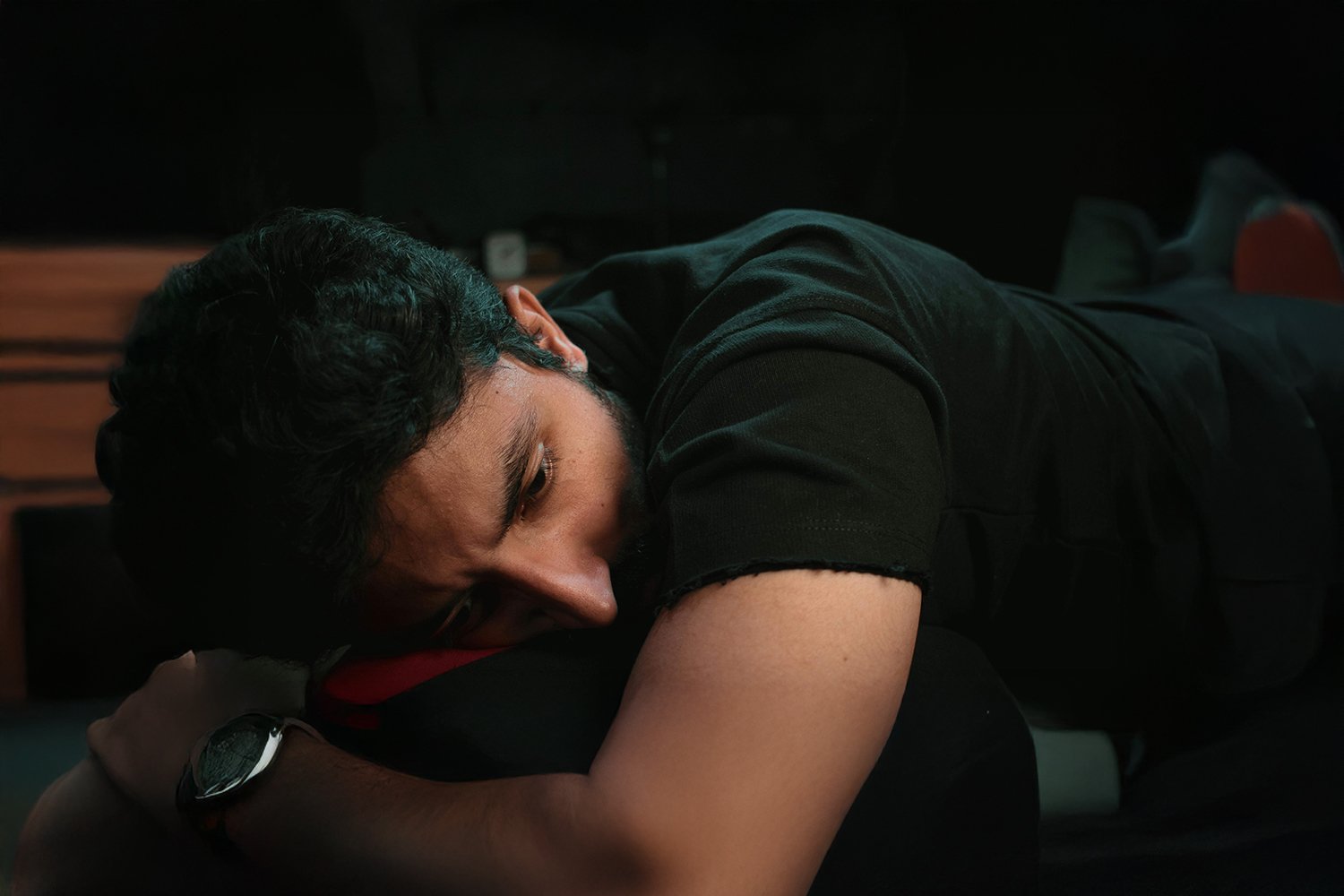Yes, generational trauma is real. No, you're not destined to repeat it.
From the Cradle to the Grave
We’ve always known our stories define us. Who we belong to, how we identify ourselves, and where we come from are integral parts of our human experience. You may have an Irish temperament, your mother’s impatience, or your family’s hard-headedness. You may also identify yourself as coming from a broken home, a first-born child, or an orphan. Who we are is what we’ve endured. Therein lies our family trauma, and the roots of that trauma may be far deeper than you even realized.
Researchers find that from the moment of conception, we begin to experience, in some ways, the stories of our families. Researcher Thomas Verny states, “From the moment of conception, the experience in the womb shapes the brain and lays the groundwork for personality, emotional temperament, and the power of higher thought.” Mothers who are tormented by anxiety or undergoing health or relational problems transmit stress hormones to their babies in utero. In It Didn’t Start With You, psychologist Mark Wolynn writes, “When a mother carries inherited trauma, or has experienced a break in the bond with her mother, it can affect the tender bond that’s forming with her infant, and that bond is more likely to be interrupted.” Science is proving what you may have always suspected: who you truly are is connected to who you’ve come from.
The trauma you’ve experienced may trace back to far before you even had the brain capability to store memories. But that doesn’t mean it can’t heal in your present day. The human brain can be retrained, trauma can be properly processed, and pathways to healing can be created. That means you’re not destined to repeat the cycles of trauma in your family! Isn’t the brain amazing?
Stuck in a Moment
Repetition creates the fabric of our thought-life; what we repeatedly think about or focus on day in and day out…those fixations physically rewire our brains. If your story includes the pain of loss, abuse, or even the retelling of tragic stories in your families’ distant history, your brain may be hardwired to unconsciously repeat such tragedies. Sons who have carried the weight of their father’s or even grandfather’s infidelities or deceits may find themselves dealing with similar vices later in life. Even very young children who mourn a lost sibling or the tragic death of a close family member experience trauma that causes them to “relive” these situations well into their future, changing how they respond to stress, what expectations they form, and their overall mental and physical health. Wolynn writes, “Psychotherapist Bert Hellinger teaches that we share a family consciousness with our biological family members who come before us. He has observed that traumatic events, such as the premature death of a parent, sibling, or child or an abandonment, crime, or suicide, can exert a powerful influence over us, leaving an imprint on our entire family system for generations.” While this can be disheartening news for someone dealing with severe family trauma, the reverse is also true. If trauma can change the chemistry of our brain, the repetition of pleasant memories can heal.
You Can Find Your Way Out
“People start to heal the moment they begin to feel heard. We're listening!”
- Michelle Jacobs (LMSW), Therapist at Hope & Healing
The power of imagination continues to surprise and enthrall psychotherapists and researchers alike. Just as past family trauma can entangle us in fear and insecurity, it turns out that the simple but powerful practice of imagining warm, healing experiences that spur us towards curiosity and wonder can help us move forward and render our trauma powerless against us. Understanding what has caused us pain, digging down into the real roots of our family trees, and then practicing setting things straight in repetition, can begin to heal our neuro-pathways and help us break the “family curses” that have have tied us down for so long. And it’s never too late to start the process.
Verified Reliable Sources for the Content in This Article: It Didn't Start with You: How Inherited Family Trauma Shapes Who We Are and How to End the Cycle by Mark Wolynn
Put It Into Practice
If you’re interested in learning more about how past family trauma has effected your present day life, you may not need to look any further than your own set of childhood memories. Through various exercises, therapists often engage their patients in digging deep into long forgotten memories and finding an image that tends stand out. Fixating on that image over time can reveal a lot about what a patient remembers, what their childhood experiences were, and also, how they can practice healing. Meditation becomes a key part of this process. So even if you’re waiting on your next therapy appointment, you can start centering your thought life by taking up a daily meditation practice of your own. Find a silent area of your home or yard where you feel comfortable and can be still. Practice closing your eyes and regulate your breathing. Tune into the sensations on your fingers and the bottoms of your feet. Come up with five things for which to be grateful and try to grow your practice by a minute or two each day. Space for silence and stillness can work wonders on its own as your pursue mental health.



